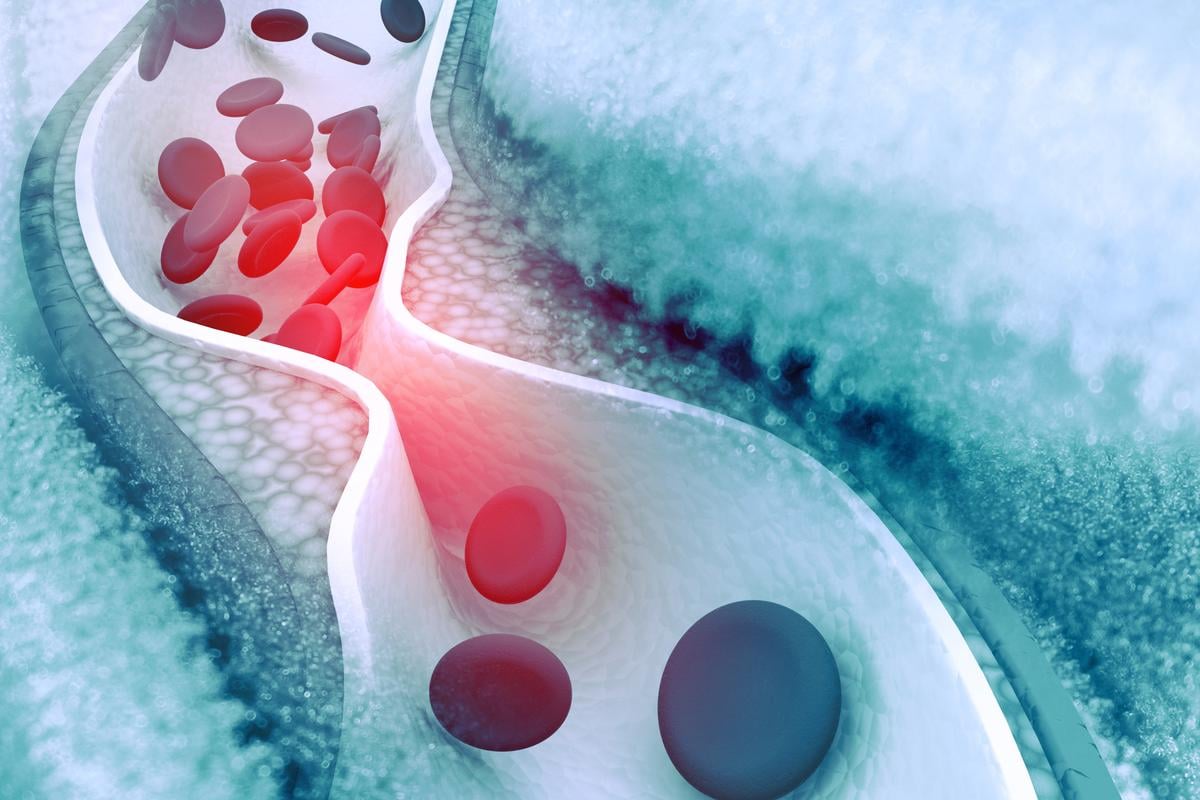Carotid plaque burden and coronary artery calcium score both significantly linked to all-cause mortality in asymptomatic individuals
By Elana Gotkine HealthDay Reporter
FRIDAY, Oct. 4, 2024 (HealthDay News) — For asymptomatic individuals, subclinical atherosclerosis burden is associated with all-cause mortality, according to a study published in the Oct. 8 issue of the Journal of the American College of Cardiology.
Valentin Fuster, M.D., Ph.D., from Centro Nacional de Investigaciones Cardiovasculares Carlos III in Madrid, and colleagues examined the independent predictive value of subclinical atherosclerosis burden and progression and all-cause mortality in a population of 5,716 asymptomatic U.S. adults. Participants underwent examination by vascular ultrasound to quantify carotid plaque burden (cPB) and by computed tomography for coronary artery calcium (CAC). A total of 732 participants underwent follow-up carotid vascular ultrasound at a median of 8.9 years after baseline.
The researchers found that 16 percent of the participants died during a median follow-up of 12.4 years. Baseline cPB and CAC score were both significantly associated with all-cause mortality after adjustment for cardiovascular risk factors and background medication (fully adjusted trend hazard ratios, 1.23 and 1.15, respectively). Better performance was seen for cPB than the CAC score. Among participants who underwent a second vascular ultrasound evaluation, there was progression in the median cPB from 29.2 to 91.3 mm3. After adjustment for cardiovascular risk factors and baseline cPB, cPB progression was significantly associated with all-cause mortality (hazard ratio, 1.03 per absolute 10-mm3 change).
“The long asymptomatic phase of the disease presents a window of opportunity that has not been exploited in the younger population,” Fuster said in a statement.
Editorial (subscription or payment may be required)
Copyright © 2024 HealthDay. All rights reserved.








